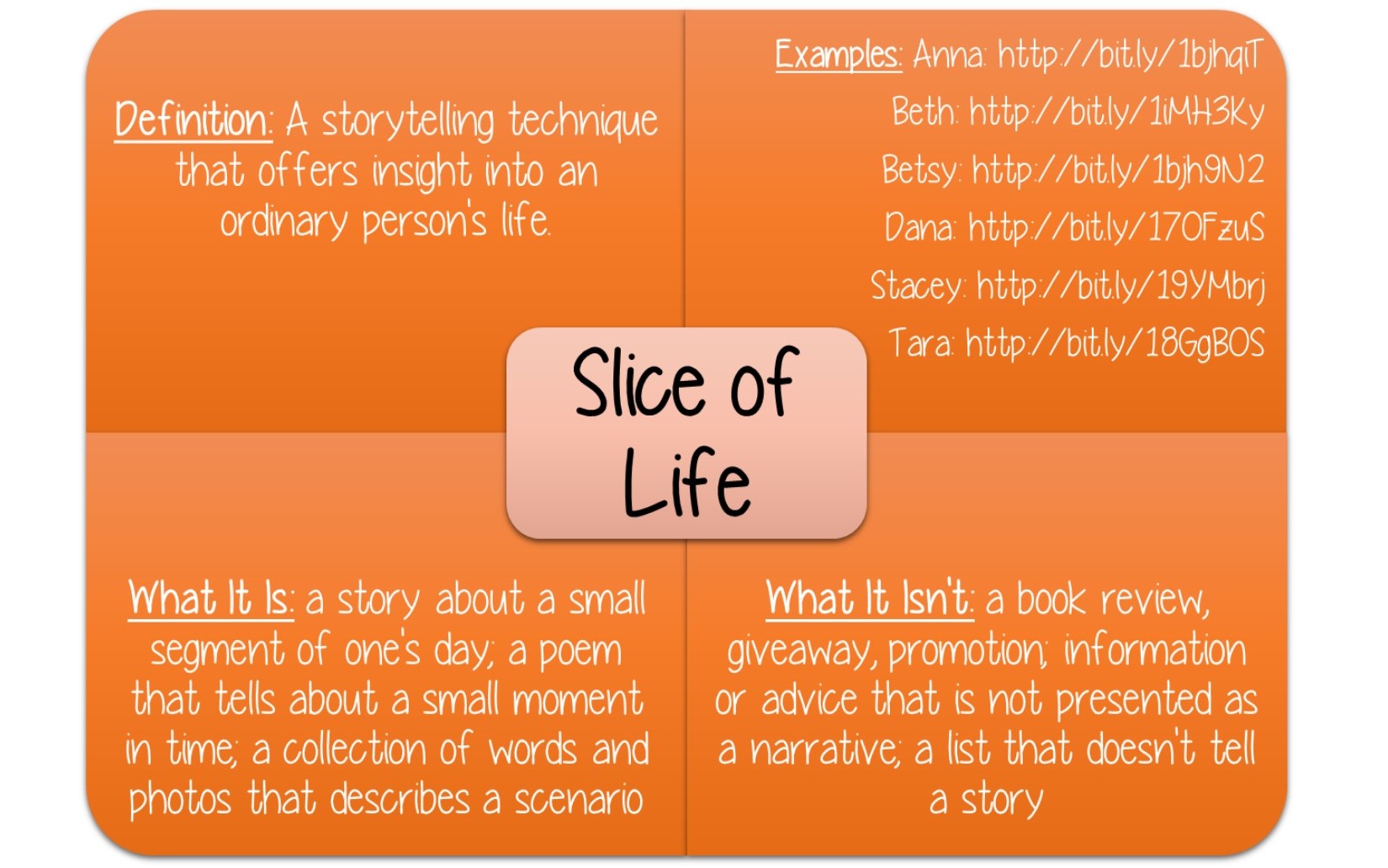Student Blogs: Audience Matters
 28 weeks. When I hear this I think of being just more than halfway through a pregnancy. While I am not having a baby, I am witnessing the growth and development of my classroom of writers. According to my teacher blog, I have assigned 19 posts, not counting the daily expectation for this month. We have been blogging weekly since the school year began. I started this process mainly as preparation for the Two Writing Teachers Classroom Slice of Life Story Challenge, but quickly realized it was an invaluable portfolio of my students’ writing progress across the course of a school year. Some students have worked hard to meet the challenge of each week’s post, while others have given minimum effort. All of that has changed this month.
28 weeks. When I hear this I think of being just more than halfway through a pregnancy. While I am not having a baby, I am witnessing the growth and development of my classroom of writers. According to my teacher blog, I have assigned 19 posts, not counting the daily expectation for this month. We have been blogging weekly since the school year began. I started this process mainly as preparation for the Two Writing Teachers Classroom Slice of Life Story Challenge, but quickly realized it was an invaluable portfolio of my students’ writing progress across the course of a school year. Some students have worked hard to meet the challenge of each week’s post, while others have given minimum effort. All of that has changed this month.
A New Perspective
Enter March. I’ve booked technology for the entire month so that we can blog every day for the Slice of Life Story Challenge as well as publish websites for our informational reading and writing units of study. We blog within the Classroom Challenge, with the understanding that other teachers and students will leave feedback for us, and we will do the same for them. As my students began to read the writing of other students, they quickly noticed all of the things that I have been harping on all year long: lack of capital letters, missing punctuation, and misspelled words. Most importantly, they finally saw how these things interfere with meaning. This wasn’t the high point though; that came when the comments began rolling in.
“I got a comment!” a voice squealed from the other side of the room.
“Of course you did,” I joked, “I’ve been commenting on your writing all year.”
“No, not from you, Mrs. Rogers,” she replied. “I got a real comment.”
While I pretended to be crestfallen, inside I was throwing a fist into the air. Similar exclamations were heard around the room and, suddenly, there was an air of excitement for writing. Students were spontaneously asking their literacy partners to check their writing. They cared about what they were producing like never before.
Not All Sunshine and Roses
 Does this mean that all of my students are suddenly writing beautiful blog posts, with wonderful spelling and grammar? Nope. In fact, there are some downright cringe-worthy pieces of writing on our class pages. But they are excited, they want to write, and they are paying more attention. When we give comments, I tell my students to tell the writer specifically what they have done well. My hope is that they will begin to transfer some of this attention to their own work. In small increments, I am seeing evidence of this. I only have to scroll back to September to see the growth right in front of me. I also set out Chromebooks at conferences so parents can peruse their child’s blog while they wait. This is very informative and often makes conversations easier.
Does this mean that all of my students are suddenly writing beautiful blog posts, with wonderful spelling and grammar? Nope. In fact, there are some downright cringe-worthy pieces of writing on our class pages. But they are excited, they want to write, and they are paying more attention. When we give comments, I tell my students to tell the writer specifically what they have done well. My hope is that they will begin to transfer some of this attention to their own work. In small increments, I am seeing evidence of this. I only have to scroll back to September to see the growth right in front of me. I also set out Chromebooks at conferences so parents can peruse their child’s blog while they wait. This is very informative and often makes conversations easier.
As I prepare report cards for conferences tomorrow, I realize that the end of the school year is looming large. How can I best leverage the writing work that my students have done to maximize their growth? I’m thinking of having them revisit an old piece and revise it to show what they have learned, perhaps even writing a reflection about the revision. Maybe I’ll choose the piece, maybe I’ll let them – I haven’t decided. I do know that as I think ahead to next year (crazy, but I do this!), I will have my students blog weekly. There is so much value in this practice. Now that I have seen the dramatic shift when there is an audience, I know that I need to give them one before March. The question is, “how?” The answer…I don’t know…yet.
 Beth Rogers is a fifth grade teacher for Clarkston Community Schools, where she has been teaching full time since 2006. She is blessed to teach Language Arts and Social Studies for her class and her teaching partner’s class, while her partner teaches all of their math and science. This enables them to focus on their passions and do the best they can for kids. Beth was chosen as Teacher of the Year for 2013-2014 in her district. She earned a B.S. in Education at Kent State University and a Master’s in Educational Technology at Michigan State University.
Beth Rogers is a fifth grade teacher for Clarkston Community Schools, where she has been teaching full time since 2006. She is blessed to teach Language Arts and Social Studies for her class and her teaching partner’s class, while her partner teaches all of their math and science. This enables them to focus on their passions and do the best they can for kids. Beth was chosen as Teacher of the Year for 2013-2014 in her district. She earned a B.S. in Education at Kent State University and a Master’s in Educational Technology at Michigan State University.
Literacy & Technology Notes from the Classroom
